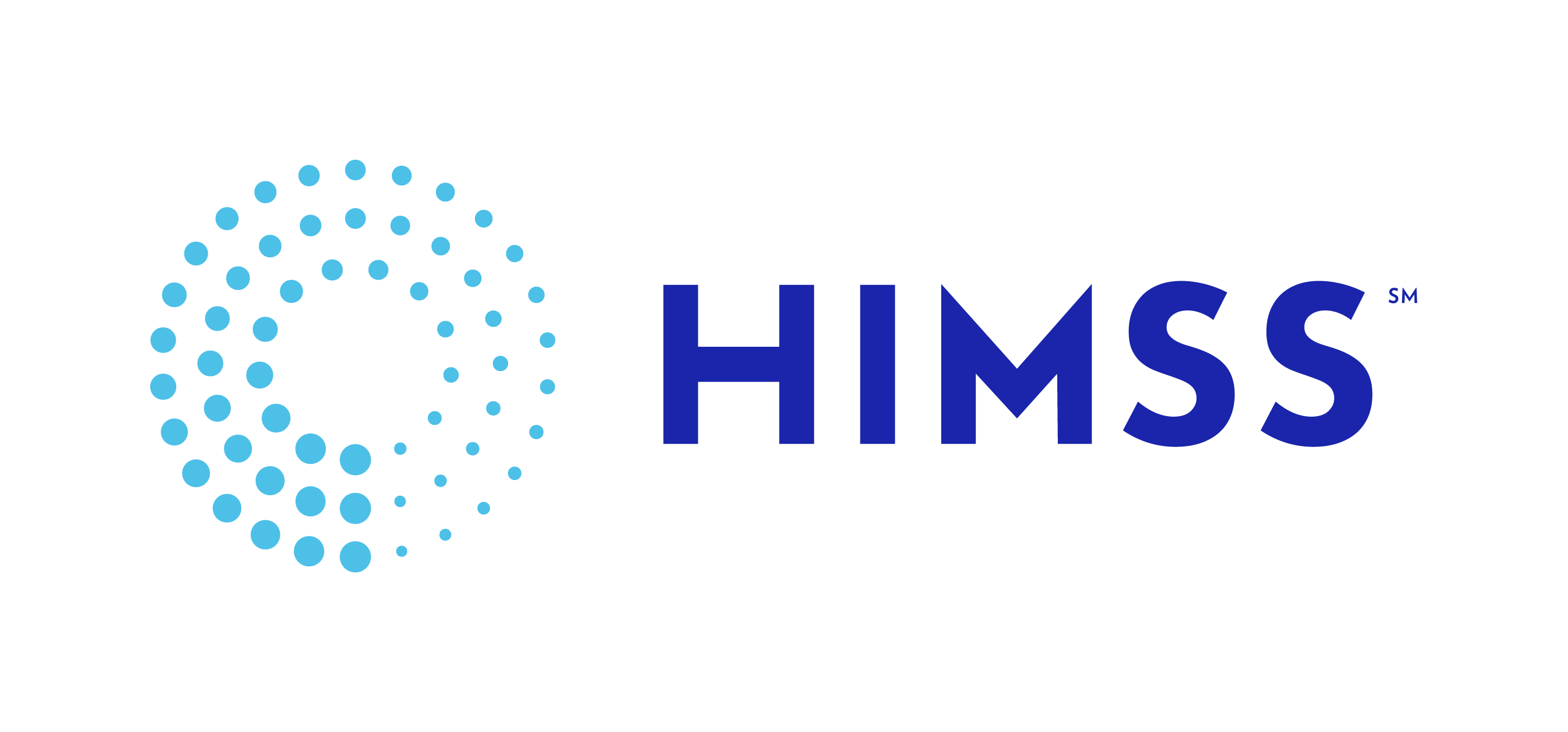GA HIMSS AI in Healthcare Lunch and Learn
Webinar
Moderator:
David Lloyd - AWS
Panelists:
Davis Burgess, Grady Health System
Bradley Dick. Qure4u.
Todd Schlesinger, Jvion.
Robert Budman MD MBA CDI-P. CMIO Nuance Healthcare
ABSTRACT:
Unstructured data plagues the healthcare industry, as it resists automation and bogs down workflows. With the implementation of 21st Century Cures Act, more and more information will need to be interoperable outside of healthcare organizations. In this session, we will discuss how OCR and Natural Language Processing can close the digital divide in healthcare.
There is increased recognition for better methods to measure, predict, and adjust for social risk factors (SRFs) in healthcare and population health. Current performance and quality measures generally do not take SRFs into account in the bonus/penalty structure, nor are SRFs generally included in most risk adjustment formulas. This can lead to unintended consequences, including the potential to perpetuate bias and disparities in health outcomes. To mitigate these issues, RTI International is developing an “artificially intelligent” approach to risk adjustment for SRFs using random forests to understand life expectancy variances at the census tract level. More than just maps, the approach involves using SRFs to explain variation in population health status and outcomes. While individual-level data is the best predictor, local area factors are independently associated with health outcomes and may be useful either in conjunction with individual-level data or on their own.
During our session we will discuss:
- The challenges healthcare has faced in structuring and sharing its SRE data.
- How AI can help to close technology gaps and unlock the potential of these important documents to improve the delivery of healthcare, quality reporting, research, and safety.
- Important factors to consider when selecting an AI automation solution.
- How utilizing OCR, NLP, CCDAs, standard-based integrations can help close the digital divide in healthcare.
- The discussion will touch upon fairness concerns, ethical AI, lessons learned from implementation in practice, common mistakes (and how to avoid them), and patient insights.
